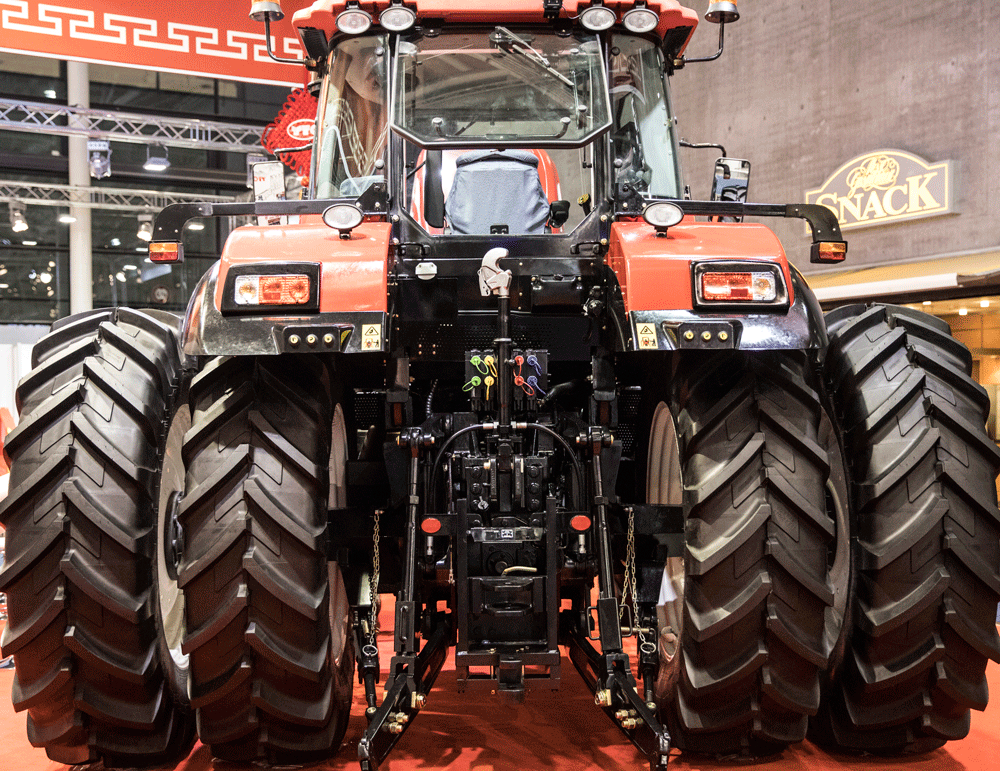Homologation
Herr Mastrogiovanni, how did the new test come about? And how should we envisage the process?
Mastrogiovanni:
Homologation means the testing and authorization of vehicles or vehicle parts according to construction and efficacy requirements under road traffic legislation. Perhaps the reader knows the procedure through experience with mounting a ball hitch for car trailer attachment. Nowadays, the car owner does not need to present the vehicle for inspection and certification after attachment because the hitch is already type-approved, having been tested according to type approval procedure to ensure that all legal requirements are met and the necessary attachment instructions are present. The type approval involved is conducted under UNECE regulations. This has the great advantage that approval is recognised and accepted within the EU and even further afield.
That’s the theory. How does it work in practice?
Mastrogiovanni:
Let’s say a manufacturer based outside Europe wants a tractor type authorized for use on public roads in Europe. In such a case we, as a technical service appointed by the German Federal Road Transport Office (BKA), are authorized to test the appropriate tractor and prepare a test report. The KBA then issues an EU type approval based on this report. The manufacturer can then deliver tractors of this type to all EU member countries for use on the respective public highways according to the terms of approval. In practice, what happens then is that the tractor seller receives from the manufacturer a Certificate of Conformity (CoC). This certifies that the tractor is type-authorized, and serves as basis for the vehicle’s registration whereupon a registration document is issued by the representative road traffic authority, the document being shown when appropriate number plates are ordered.
Could the DLG Test Center introduce such an inspection procedure without further ado?
Mastrogiovanni:
We are, in fact, already appointed by the BKA as technical service for diverse, very complicated, test areas. For example, testing occupant protection in cabs or other driver compartments or testing of noise levels experienced outside the machine or by the driver. Additionally, I have already helped to establish a KBA appointed technical service and have managed a team focussing on homologation. Within the KBA recognition process, the DLG Test Center is audited regularly which means it is inspected by the KBA to ensure we abide by the stipulated requirements and protocols. In this way we have been able to relatively easily expand our scope and will continue to build this out so that soon we will be in the position of offering a full service for authorization-relevant tests of agricultural machinery in the EU and UNECE homologation area. There is also great interest in our service from other countries within and outside Europe.




